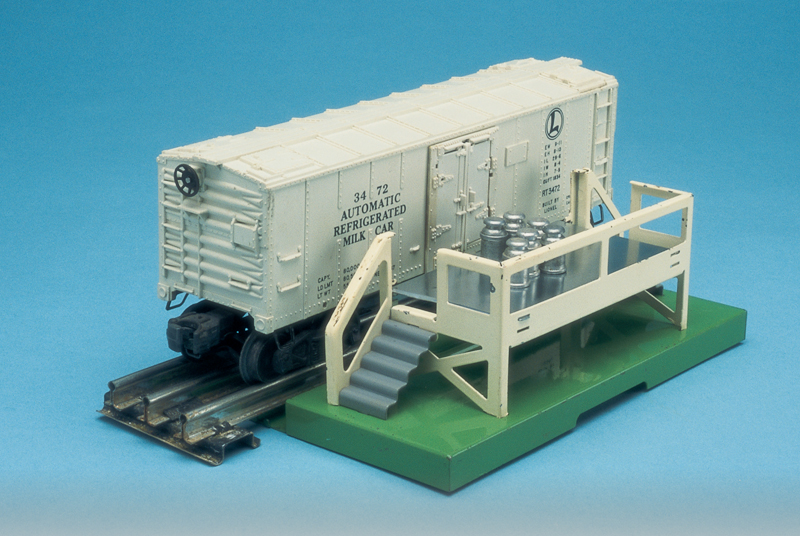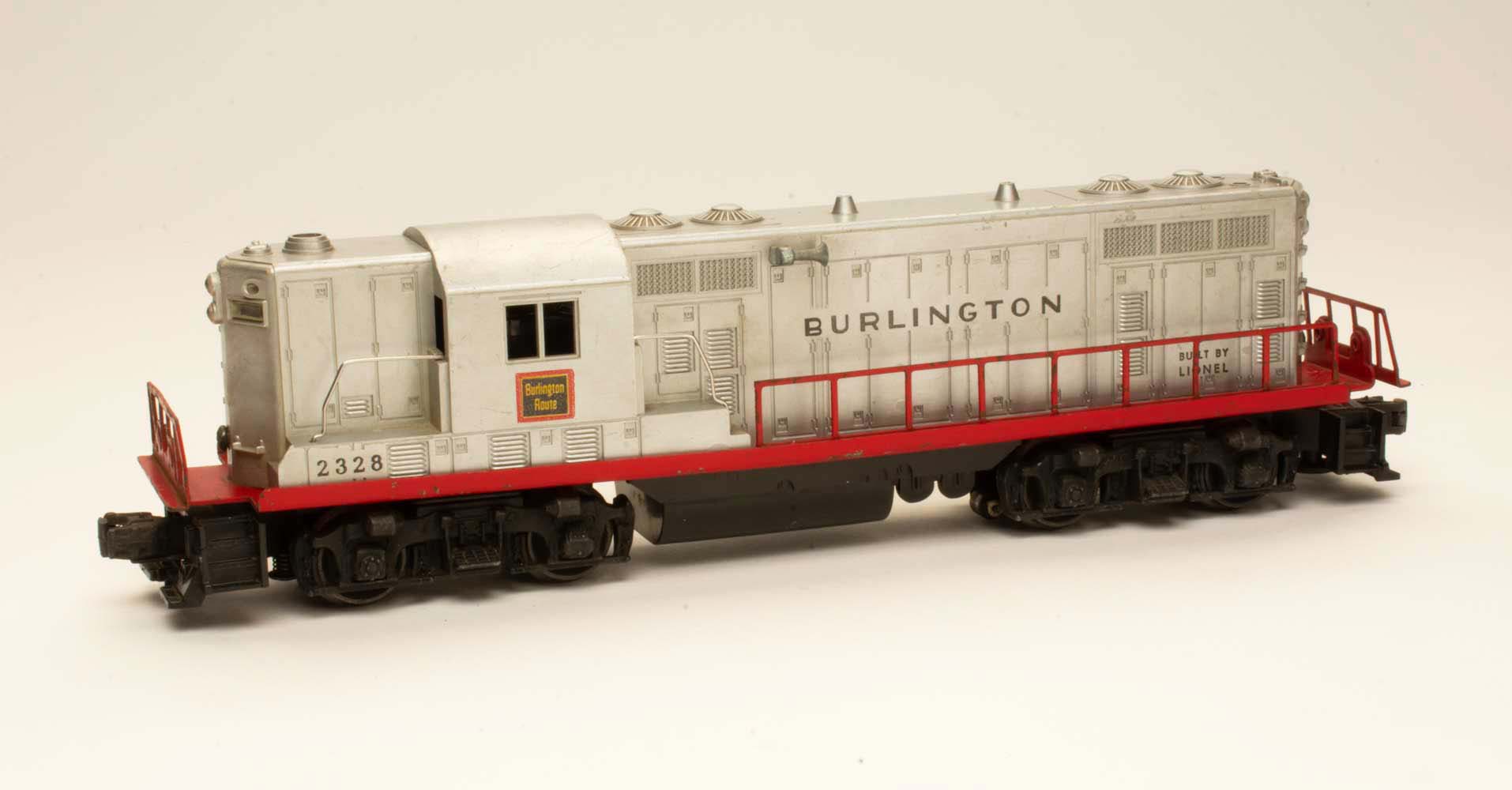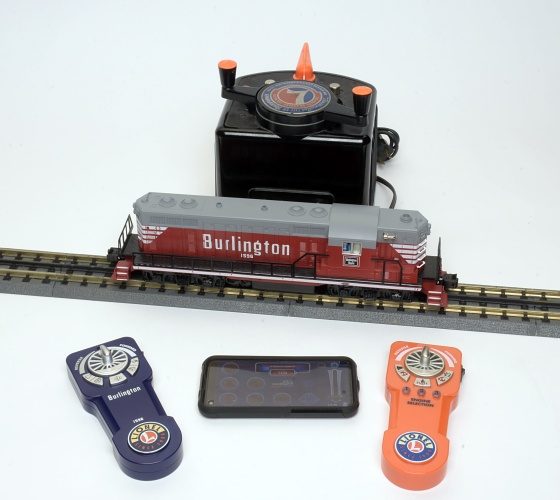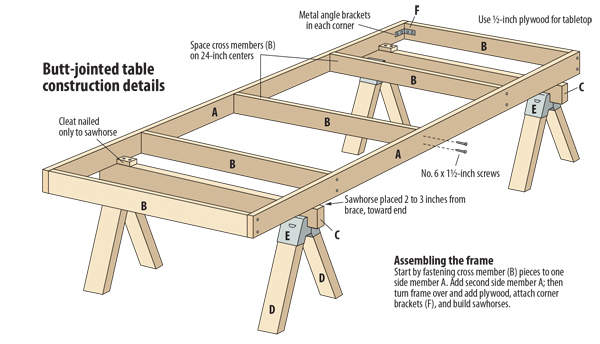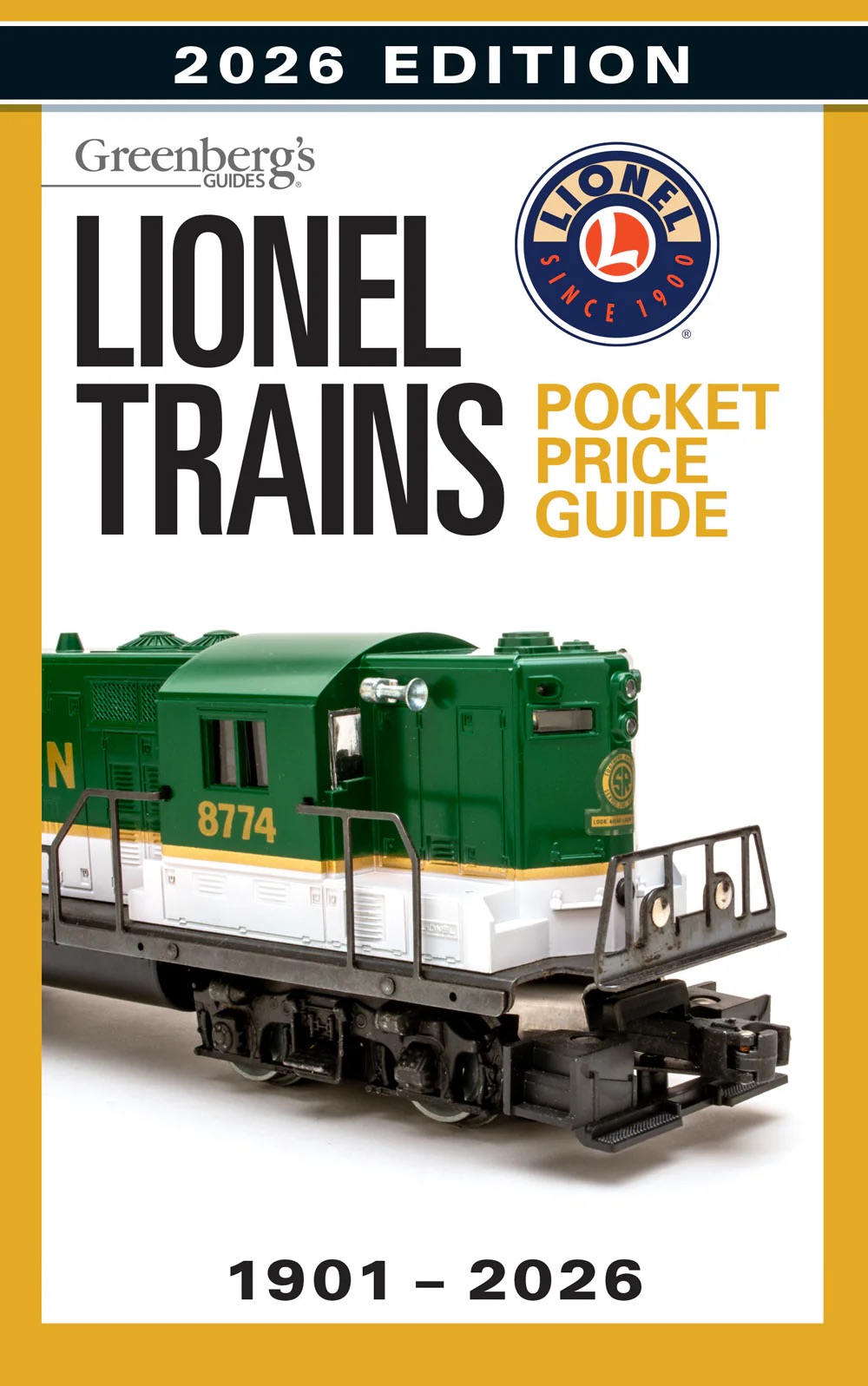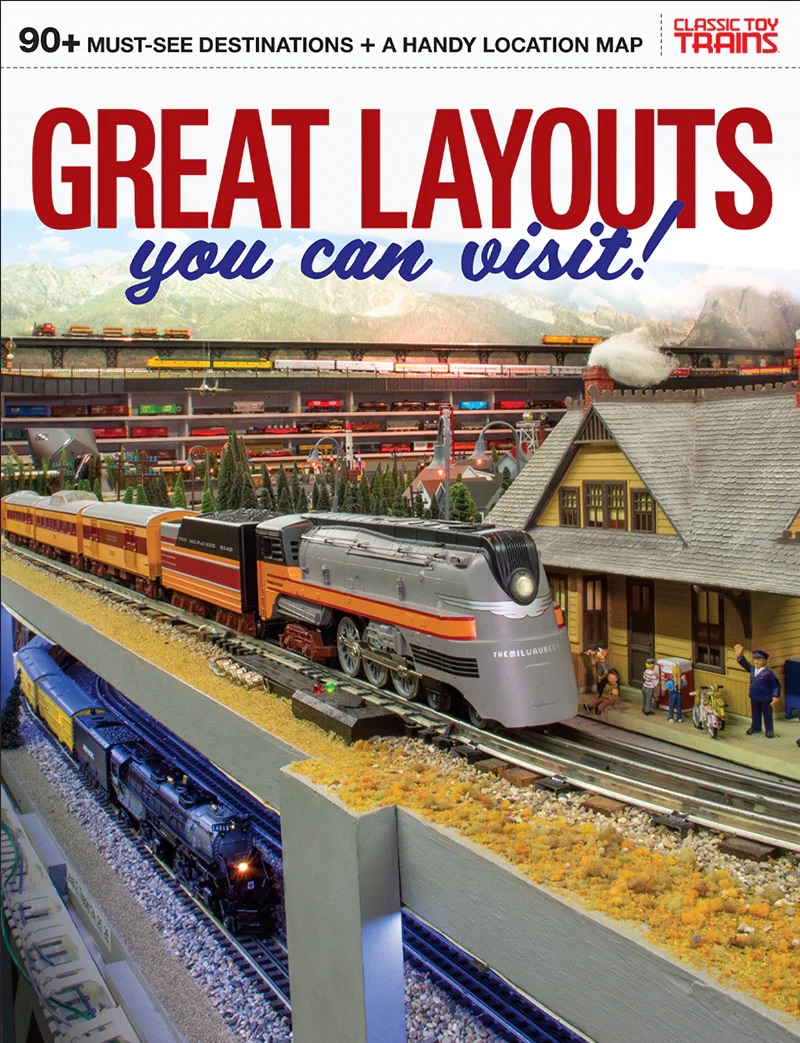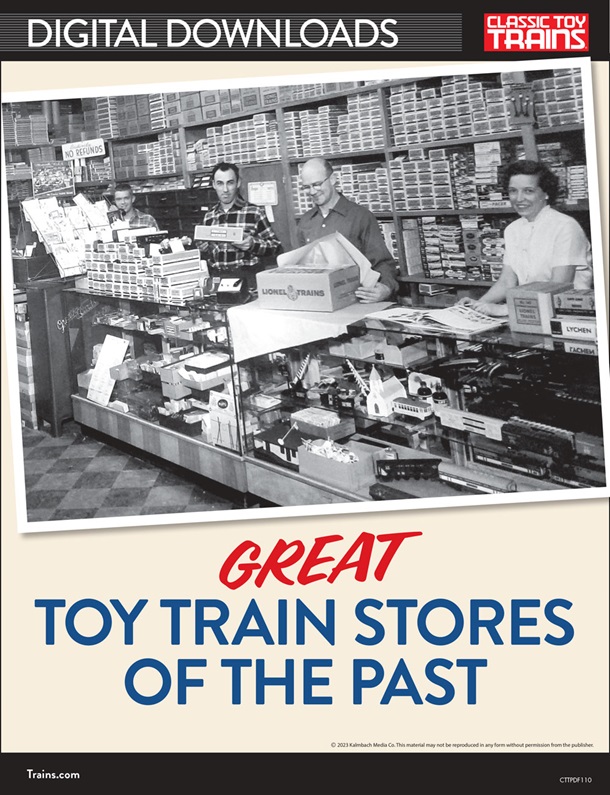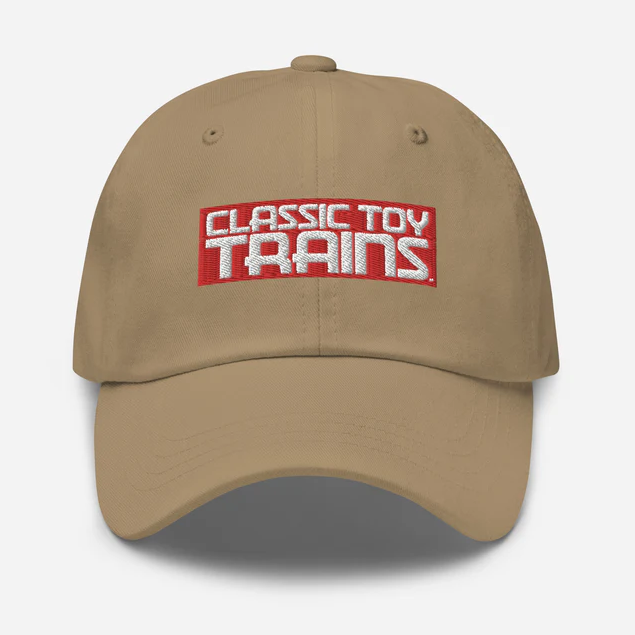Small O and S gauge layouts are how the hobby began. To demonstrate the wonders of layouts designed to fit into small spaces, let’s travel back to when most current enthusiasts were youngsters. This most likely means we’re talking about the 25 years immediately following World War II.
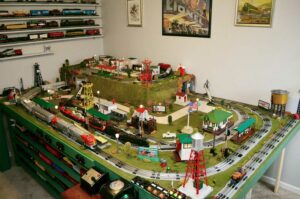
These men and women can trace their involvement in the hobby back to the electric train they received as children either at Christmas, Chanukah, or for their birthday. Virtually all Lionel or Marx or American Flyer train sets came packed with a small transformer as well as enough tubular track to form a complete circle or oval.
Youngsters in the postwar era of production – as well as kids who grew up before or after that golden age – had from the start everything they needed to build a small layout. Maybe they did so on their own; more likely, they had assistance and encouragement from one of their parents, an uncle or grandparent, or an older sibling or cousin.
Skills last a lifetime
In any case, boys and girls learned how to connect sections of tubular track and wire a transformer. Not long after, they added simple structures from kits and perhaps scenery, figures, and vehicles. The compact model railroads might be on a wood floor or a big rug or atop a sheet of plywood propped up by sawhorses. The scene was repeated everywhere, and it taught generations how to create a display they embellished with imagination.
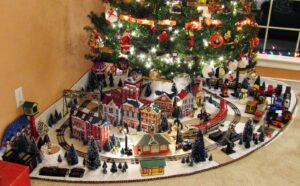
Executives at A.C. Gilbert Co., Lionel Corp. and other firms made it easy to grow beyond the basic circle or oval with individual separate-sale pieces of track, switches, or a crossover. A more elaborate “empire” could be assembled, taken apart, and rebuilt in a different configuration. The sky was the limit in 4 x 8 or 5 x 9 feet.
Commercial displays
Eventually the small layouts became part of the companies’ marketing strategy. They recognized that some consumers needed help developing elaborate layouts, so the makers printed diagrams for larger and more complex model railroads in annual catalogs and other promotional materials.
They also showed customers how to expand their home railroads by building operating display layouts for stores. Many ranged in size from 24 to 64 square feet, filled with just enough track and accessories to whet the appetite while never seeming boring or crowded.
The animated displays great sales tools. Children and families paraded through department stores and hardware and appliance shops to catch a glimpse of the latest toy train offerings and took mental notes of what they had seen to replicate various scenes at home.
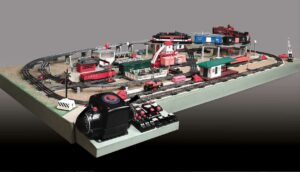
When the companies ran out of space to sell on one level, they encouraged building upward. Trestles and other layout tools increased the possibilities for operation, scenery, and of course, adding more track and cars.
Project railroads
Going back through older issues of Classic Toy Trains, the small layout thread running through out 35 years connects our project railroads.
Longtime readers will remember the different project railroads: Cascade & Timber Trail, Readers’ Choice RR, Retro Railroad, Coal Terminal & Trestle, City Transfer & Terminal, and a few others. The methods and materials described have scarcely changed, which means the projects remain relevant even today.
Some small track plan links:
https://www.trains.com/ctt/how-to/track-plan-database/retro-railroad-you-can-build/
https://www.trains.com/ctt/how-to/track-plan-database/readers-choice-rr/






